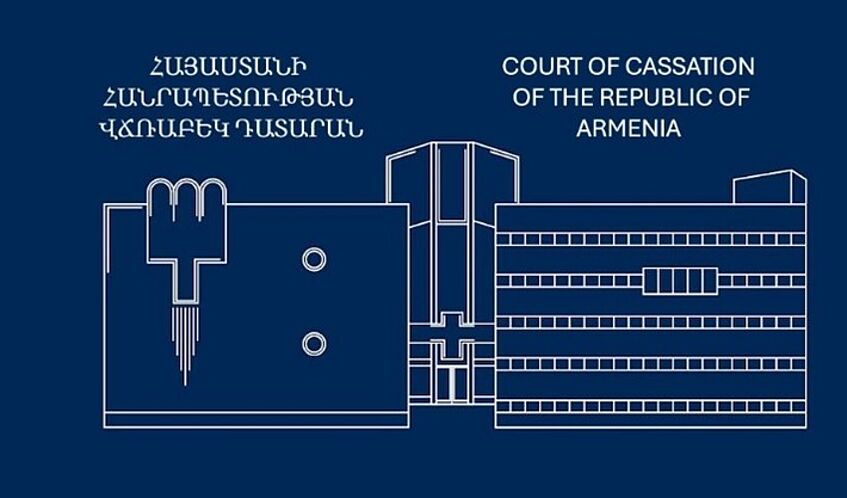Membership Type:
Institutional Observer
Address:
5 Vazgen Sargsyan Street, Yerevan, Republic of Armenia
Telephone:
0037410511703
Email:

The Court of Cassation of the Republic of Armenia, established on 10 July 1998, is the highest judicial instance within the country’s three-tier system of general and specialized courts, with the exception of matters subject to constitutional review. It is vested with an essential constitutional mission: to guarantee the uniform application of laws and other normative legal acts and to eliminate fundamental violations of human rights and freedoms through the review of judicial acts.
The Court of Cassation does not serve as a fact-finding body, but rather as a court of law. Its primary responsibility lies in verifying the legality and procedural soundness of lower court judgments, correcting errors of law, and promoting coherence in judicial practice. In so doing, the Court ensures that legal principles are applied consistently across the Republic, thereby strengthening the stability, predictability, and authority of the legal system. In the case of making an interpretation of a legal provision other than the one adopted by the Court of Cassation in another case with similar factual circumstances, the court shall justify the derogation from the interpretation made by the Court of Cassation.
Beyond its adjudicative function, the Court has assumed a systemic role in Armenia’s democratic and legal development. The Court aligns Armenia’s legal practice with international standards, particularly the jurisprudence of the European Court of Human Rights, ensuring that Armenia honors its commitments as a member of the Council of Europe. The Court actively collaborates with the European Court of Human Rights and holds membership in the Superior Courts Network. It further maintains dialogue with the Constitutional Court of Armenia, thereby safeguarding coherence between ordinary and constitutional adjudication.
The Court also engages in international judicial cooperation, participating in exchanges with foreign supreme and cassation courts, as well as with international organizations. These activities facilitate the introduction of comparative perspectives into Armenian jurisprudence, the modernization of procedural frameworks, and the adoption of best practices that enhance efficiency, transparency, and judicial independence.
The Court of Cassation is presided over by the President of the Court.
The Court consists of 28 judges, distributed among four specialized chambers:
· Civil Chamber;
· Criminal Chamber;
· Administrative Chamber;
· Anti-Corruption Chamber, further divided into civil and criminal formations, tasked with combating corruption and related offenses.
At the Court of Cassation, the decisions are held by a majority vote of all the judges of the relevant chamber of the Court of Cassation, and in the case of the Anti-Corruption Chamber, by a majority vote of the total number of judges of the relevant judicial composition. The parties of the case and the Prosecutor General or Deputy Prosecutor General may apply to the Court of Cassation.
